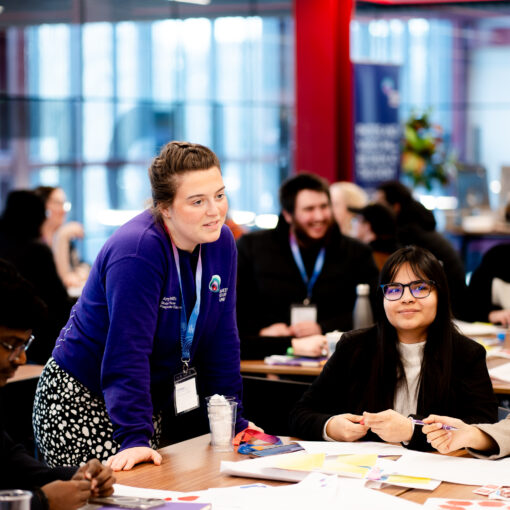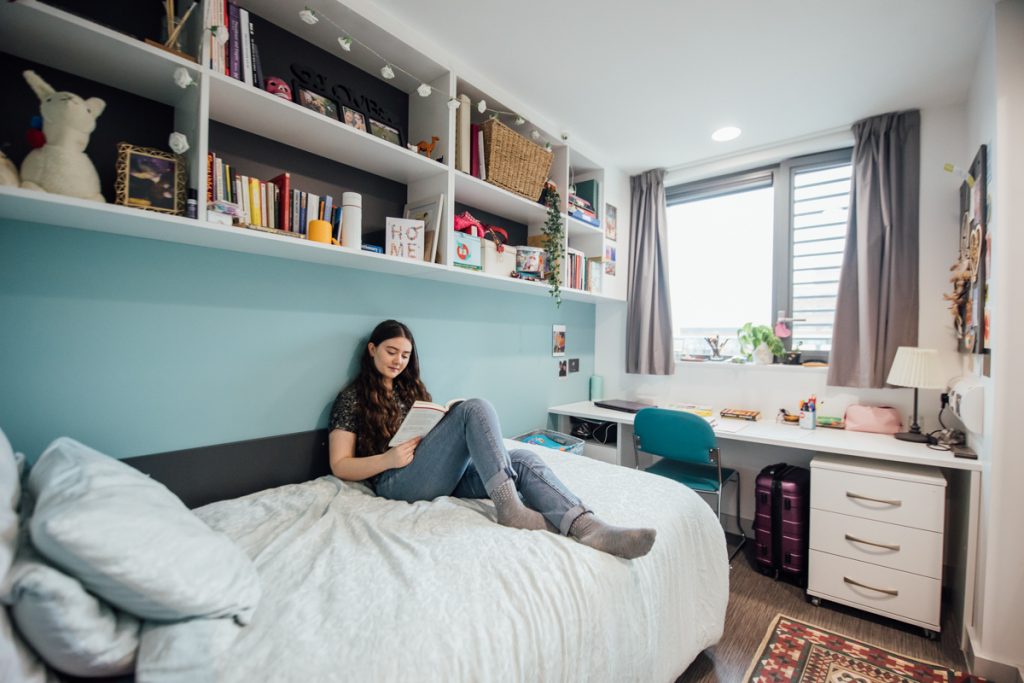
Whether you’re moving out of home for the first time or just looking for a new rental, house hunting can be super exciting! It’s your chance for independence, make your space your own, and to live with friends.
As fun as that all sounds, there are a few important things to keep in mind when searching for new accommodation – and we’re here to help! Read on to find out the ins and outs of property searching…
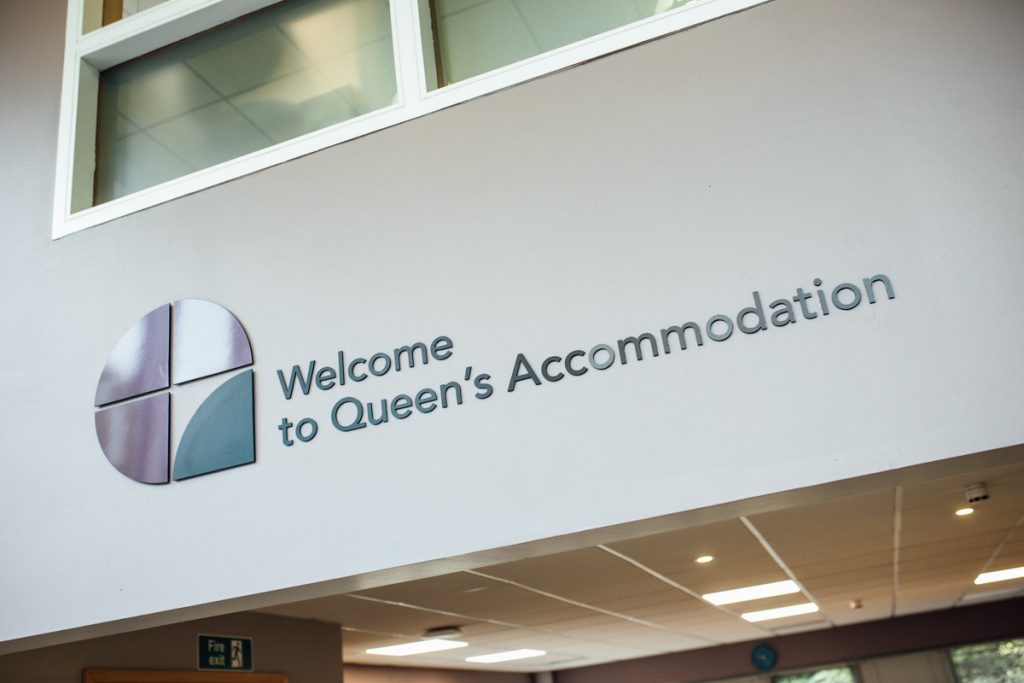
1. Student Specific Or Private Rented Accommodation?
As a Queen’s student, you have the option of living in Queen’s Accommodation, including BT1, BT2 and BT9. Other student accommodation options include LIV, Student Roost and Novel Student.
Usually, you’ll be placed in a flat with around 4-6 other people. Often, you’ll also be able to put in preferences of where you would like to be placed, e.g. women only, quiet living, or no alcohol accommodation.
With Student Accommodation, you can select the length of contract you wish (normally 40-51 weeks) and your rent, electricity, Wi-Fi, hot water and light cleaning of the common areas are normally all included in the contract.
On the other hand, you could choose private rented housing by looking on websites such as Property Pal, Property News, Gumtree and spareroom.com.
As opposed to student specific accommodation, private contracts are usually 12-months long, but more flexible arrangements can sometimes be organised – it’s worth asking!
Bills are most often on top of your rent, so make sure you are aware of all the details of the contract. Plus, there’ll be no cleaning provided in private rentals, so that’s another thing to be aware of.
When looking at private rental ads, do take the time to make sure that any listings you’re interested in are legit and from reputable landlords or agencies and don’t be afraid to ask questions.
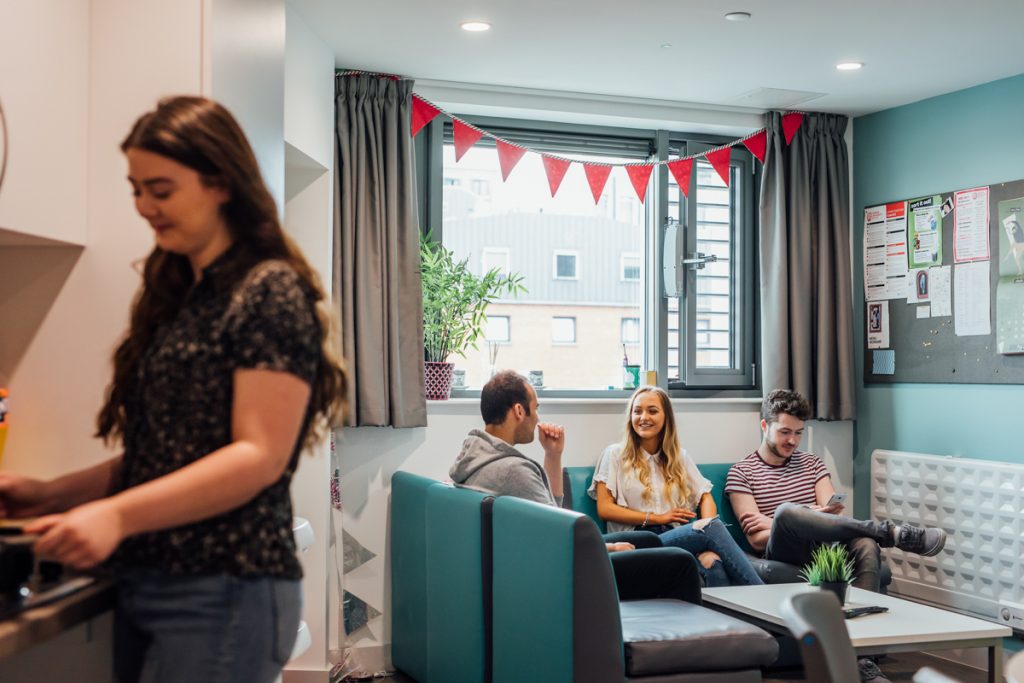
2. Who Should I Live With?
Are you super clean and tidy? Do you like to hit the hay earlier to get a good night’s sleep? These are some of the things to consider when you are choosing who to live with.
Many students opt to live with friends, however, it’s important to learn about others’ living habits before deciding to move in together. When living with someone 24/7, disagreements can put a strain on even the best of friendships and cause friction. If you don’t get on with your housemates, you may start to feel isolated. This can affect your mental health and well-being and can have an impact on your studies.
Take your time and choose your housemates wisely!

3. Where Should I Live?
At Queen’s, many students live within walking distance of the University in areas like Stranmillis, Lisburn Road, Malone Road and the Holylands.
The closer you are to the Uni, the less time it’ll take to roll out of bed and make it to your 9am lecture.
If you prefer to live further out, consider whether there are bus or train lines close by as heavy traffic and available parking spaces in the University area can cause difficulties if travelling by car.
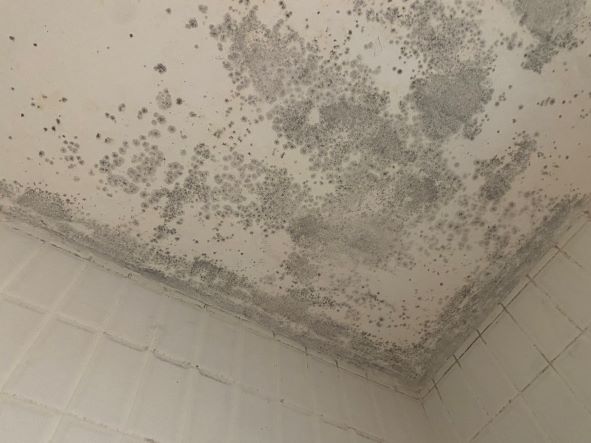
4. Red Flags
Make sure you view the property thoroughly before signing any tenancy. When at the viewing, check for any issues such as damp, mould, damaged furniture or anything else that might not be fit for purpose. Carefully look at all walls and ceilings, particularly around windows, corners and behind wardrobes.
Damp and mould aren’t only aesthetically unpleasant, but they can ruin your clothes and furnishings and can cause serious health problems (especially if you suffer from hay fever, asthma or other conditions which can affect your breathing).
Ensure that it is written into the contract that any issues will be fixed or replaced before you begin your tenancy. And if this hasn’t been actioned, make sure you take pictures of any damp, mould patches and flaking paint or wallpaper and keep these photos safe as evidence to ensure this doesn’t affect your deposit later on.
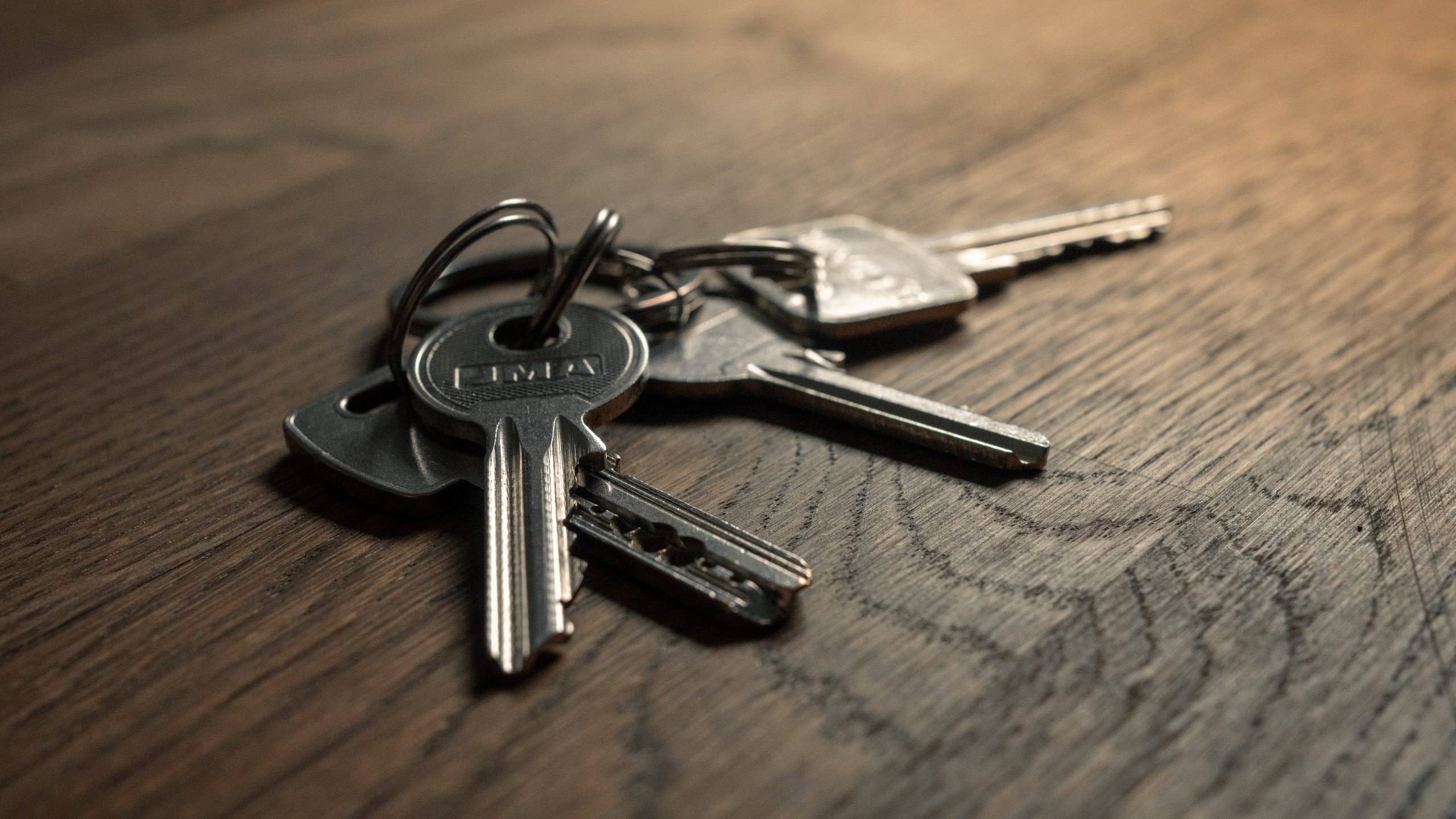
5. Safety and Security
Security is something that every student should take seriously when viewing a property.
Check that the doors and windows are secure and are fitted with locks, and make sure the property has working fire alarms, extinguishers, and fire blankets. If there’s a burglar alarm system, check that it is regularly serviced and maintained. Plus, if you’re in an HMO (house of multiple occupation), there must also be marked emergency exits.
You would be surprised – despite being a legal requirement, these regulations can be hard to enforce. So, make sure you know what is required for your safety and don’t be afraid to ask your landlord or agency to ensure they are in place.

6. The Cost of Renting
Almost all tenancies will require a deposit to be paid in advance of securing a property. Don’t pay a deposit until you have viewed the property and are happy to move in. Then, make sure your landlord secures your deposit in a government-approved Tenancy Deposit Scheme within 14 days of paying your money, and gives you written confirmation of this within 28 days.
There are deadlines to report a landlord who hasn’t secured a deposit, so if you’re not sure whether your landlord has done so, you should ask for details as soon as possible. Tenancy deposit protection schemes exist to make sure that your deposit is safe so that you will get it back once you leave the property (provided you’ve looked after the property and paid your rent, of course!).
There is also no harm in double checking with the Scheme to check that the deposit has indeed been paid in as the landlord has said, just to be extra cautious.

7. Who Pays the Bills?
If you don’t make your payments for your electric or your internet, your supply may be cut off – which is the last thing you want when you’re working on an essay the night before submission, or you’re in the middle of a movie marathon!
On a more serious note, late or non-payments of your bills can impact on your credit score, which will most likely cause problems in the future – when you come to applying for a loan or come to buy your own house.
Take time to discuss who will be responsible for paying for what bill. Also be sure to organise in advance how everyone in the household will contribute to the payments, whether by bank transfer or cash in hand, and by what date.
It’s a good idea to have more than one person’s name attached to each bill because if there’s an issue with one of your utilities, the company will only speak to those named on the bill. If that one person isn’t available, it can cause difficulty!
This is one of the top issues that can cause disagreements and frustrations between housemates, so it is best to get this one ironed out early!
Bills may include:
- Gas
- Electric
- Internet
- TV Licence
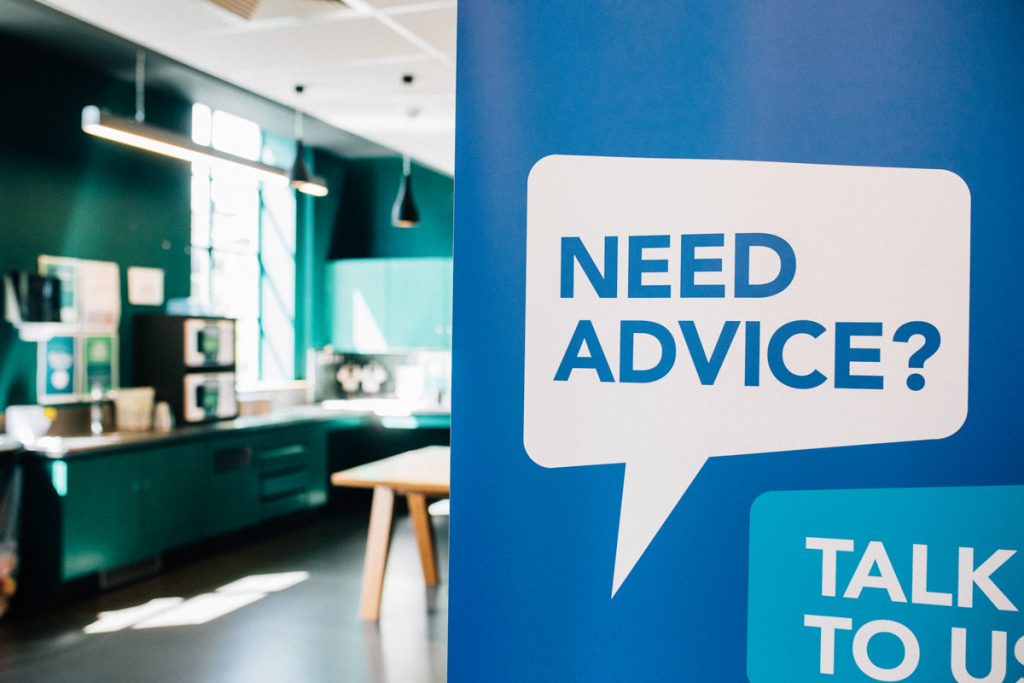
8. Get Advice and Support
If you have any concerns do get in touch with us!
Our SU Advice team has a wealth of knowledge and experience to help you with any issues or concerns that you might be having.
They provide confidential, impartial advice and guidance on a range of areas including housing, money, academic issues, employment and more.
Visit our website or email su.advice@qub.ac.uk for help.
Happy house hunting!
SU Advice is holding a Housing Fair on Thursday 13 Feb from 10am-3pm in the SU Foyer. Come along for the chance to meet organizations that can help with housing-related issues, as well as the opportunity to win pizza, doughnuts and more



